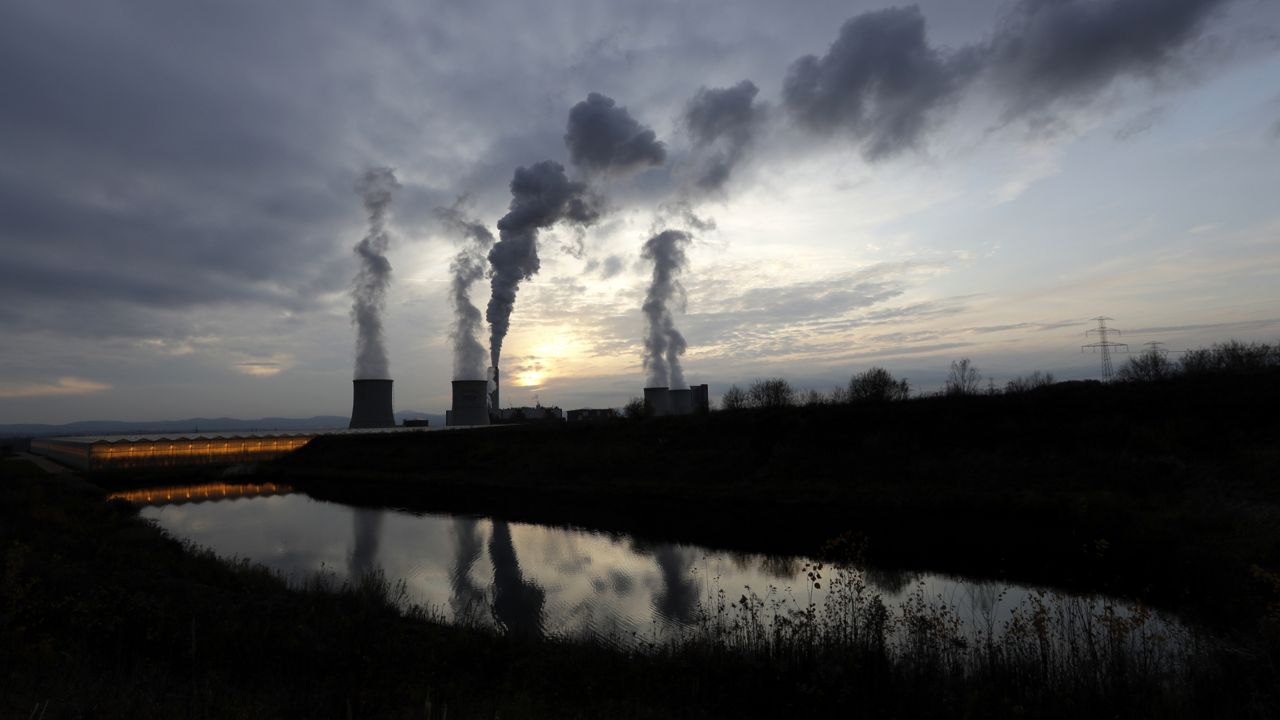A group of lawyers from 12 countries on Tuesday proposed a new internationally prosecutable crime: “Ecocide,” a term derived from the Greek words “oikos,” meaning habitat or environment, and “cide,” which means kill.
The word also stems from the internationally recognized crime of genocide.
The new term was officially defined this week in a release from the Independent Expert Panel for the Legal Definition of Ecocide, a group of criminal, environmental, civil and international lawyers who for over a year have worked to sufficiently describe the term.
“For the purpose of this Statute, ‘ecocide’ means unlawful or wanton acts committed with knowledge that there is a substantial likelihood of severe and either widespread or long-term damage to the environment being caused by those acts,” the panelists wrote in part.
Their hope is that “ecocide” will be added to the Rome Statute of the International Criminal Court, which currently only has jurisdiction to prosecute four specific types of criminal acts: Genocide, war crimes, crimes against humanity and crimes of aggression.
“The scientific evidence points to the conclusion that the emission of greenhouse gases and the destruction of ecosystems at current rates will have catastrophic consequences for our common environment,” the panelists wrote. “Along with political, diplomatic and economic initiatives, international law has a role to play in transforming our relationship with the natural world, shifting that relationship from one of harm to one of harmony.”
Currently, crimes that harm the environment are only internationally criminal during times of armed conflict. Article 35(3) of Additional Protocol I maintains that “destruction of the natural environment may not be used as a weapon.”
“The use of methods or means of warfare that are intended, or may be expected, to cause widespread, long-term and severe damage to the natural environment is prohibited,” the article also states.
The International Committee of the Red Cross notes that the United States, United Kingdom and France have consistently objected to the latter part of the rule as it pertains to the use of nuclear weapons.
Experts from the independent panel noted in the release on Tuesday that the “most severe environmental damage occurs during times of peace, a situation that currently falls outside the jurisdiction of the ICC.”
The panel did not provide any specific examples, likely out of fear that if the draft law was made too precise, it would not be applicable in all future scenarios.
But the panelists did define two specific “thresholds” for prohibited conduct they hope the ICC adopts. In order for an act to be considered “ecocide,” there must first be the likelihood of a “severe and either widespread or long-term damage” to the environment and there must be proof that said act was “unlawful or wanton.”
The criminal act would not stem from the impact of any specific environmental disaster, but from either the omission of known safety protocols or the prior knowledge of the harm that a given action would cause.
“Culpability for the crime of ecocide attaches to the creation of a dangerous situation, rather than to a particular outcome,” the panelists wrote.
While the official definition of the word may be new, the push for its inclusion in international law is not.
In the 1970s, Yale professor Arthur Galston proposed an international agreement to ban “ecocide,” or what he termed the “willful destruction of the environment.”
Galston pointed to the United States’ use of Agent Orange — a toxic chemical used during the Vietnam War that was ultimately found to have a devastating impact on the local ecology and health of the human population — as the basis for his suggestion.
“[Agent Orange] was toxic at levels [in rats], which when scaled up to human level meant that the Vietnamese people who were exposed to the sprays probably were ingesting toxic quantities,” Galston said in a 2003 Yale Scientific article.
While Galston’s suggestion was not ultimately heeded, others after him took up the fight to make “ecocide” an international crime.
In 2019, representatives from two island nations threatened by climate change proposed to the ICC that “ecocide” be added as the court’s fifth prosecutable crime.
John Licht, Vanuatu ambassador, and Ahmed Saleem, a member of parliament in the Maldives, both said it was far past time to make “ecocide” a criminally punishable act.
“Countries at the frontline of climate change, such as the Maldives, do not have the luxury of time to negotiate for another international legal instrument to fight against environmental crimes,” Saleem wrote at the time. “We believe the time is ripe to consider an amendment to the Rome Statute that would criminalise acts that amount to Ecocide.”
Any state party to the agreement can propose an amendment to the Rome Statute, and it can be adopted with a two-thirds affirmative vote from member nations. There are currently 123 states party to the statute.
The ICC has not yet commented on the most recent recommendation.









